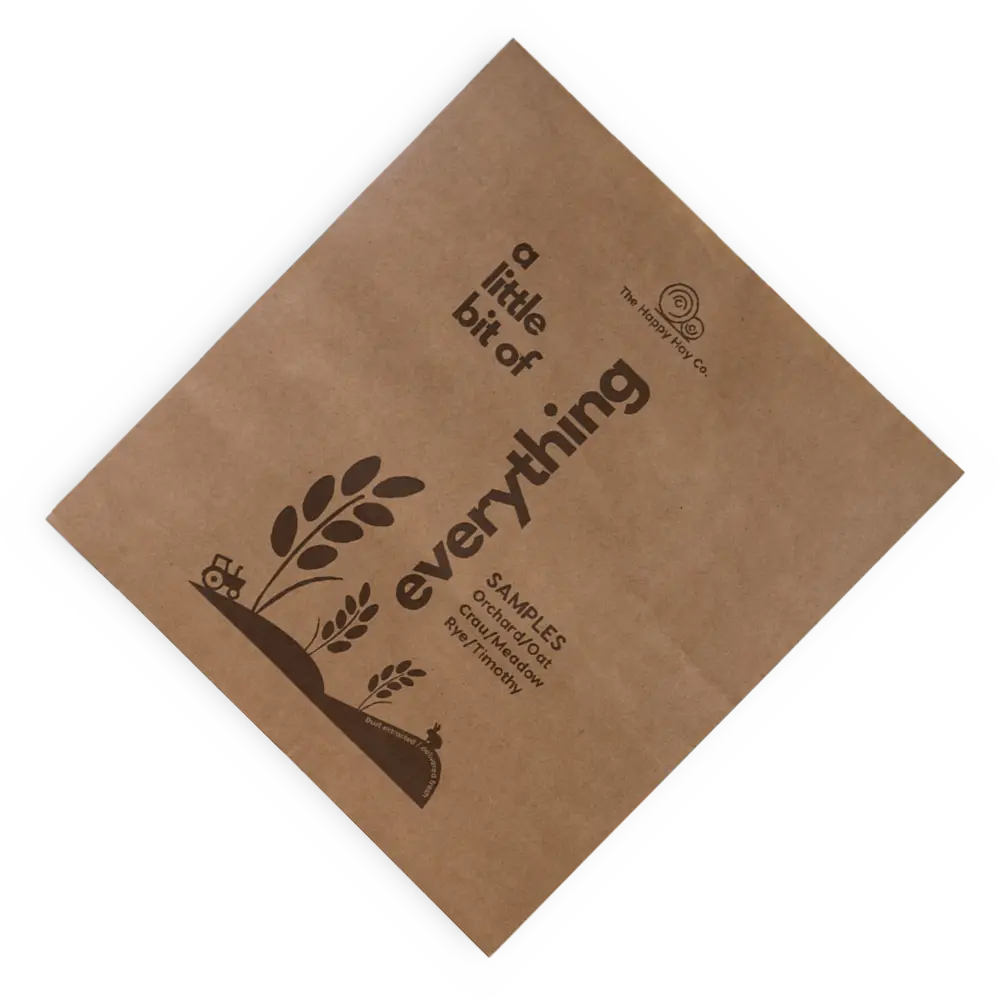
Try our sample pack
From Just
£2.50
- Guaranteed Quality
- Eco-Friendly
- Fast Delivery
- 30-Day Return
- Guaranteed Quality
- Eco-Friendly
- Fast Delivery
- 30-Day Return

Rabbits can do a lot of damage to your garden. As they need plenty of space to run around, letting them roam freely around your garden is probably something that you are keen to do. You need to ensure that not only are you keeping your rabbit safe, but you are also looking after your garden.
In this guide, we’ll cover:
The majority of a rabbit’s diet should be made up of high-quality hay. It keeps their teeth worn down and their digestive system moving.
A healthy rabbit diet includes:
Rabbits thrive on a variety of leafy greens and fibrous vegetables. The best vegetables for rabbits are rich in fibre and low in sugar or starch.
| Regularly
Feed these daily in small handfuls. |
Occasionally
2 to 3 times a week in small portions |
|
|
Yes, cucumber is safe in small portions and helps with hydration.
Yes, it’s a great low-calorie option for variety.
Yes, but sparingly. Too much can cause gas.
No, iceberg lettuce contains lactucarium, which can cause illness and offers no nutrition.
No, both are toxic and can cause blood disorders.
Fruits are natural treats for rabbits but they’re high in sugar, so they should only be given in moderation (a small slice, 2–3 times per week).
Some human foods and plants can cause severe poisoning or digestive distress.
Rabbits can be very curious creatures, and so they will be tempted to chew anything in their way. But not everything that they eat outside will be safe. You should really have an idea of what plants might be harmful.
Not all plants are toxic to rabbits, some are perfectly safe, and some may cause a mild upset stomach. However, many are life-threatening if ingested by a bunny. So, it is important that you can recognise the symptoms of plant poisoning as well as know which plants are more likely to be harmful.
Take a look below at some more plants that are poisonous. This is not a complete list however and should be used as a guideline.
If your rabbit has eaten something unsafe, contact your vet immediately.
Symptoms may include:
Keep your vet’s emergency number handy and act fast. Early treatment can save lives.
Our garden visitors have their own natural buffet that changes with the seasons. Wild rabbits are expert foragers, enjoying:
| Spring |
|
| Summer |
|
| Autumn |
|
| Winter |
|
For pet rabbits, establishing a regular feeding routine helps maintain optimal health:
| Morning | Afternoon | Evening |
| Fresh hay top-up
Small portion of pellets Fresh water change |
Fresh vegetables
Hay check and refresh if needed Water check |
Another hay refresh
Small portion of pellets Final water check |
While maintaining a healthy diet is crucial, the occasional treat can make your bunny’s day extra special. Safe rabbit treats include:
Natural Rabbit toys
Remember, treats should make up no more than 10% of your rabbit’s daily diet – think of them as rabbit-sized desserts!
Whether wild or domestic, all rabbits need constant access to fresh, clean water. For pet rabbits, check and refresh water at least twice daily, and ensure outdoor water sources don’t freeze during winter months.
By understanding what rabbits eat and providing the right nutrition, we can help ensure these delightful creatures stay healthy and happy. Whether you’re caring for a domestic bunny or appreciating the wild rabbits in your garden, remember that a natural, hay-based diet is always best. After all, a well-fed rabbit is a happy rabbit!
Want to give your bunny the very best? Check out our selection of bunny hay and natural treats – because every bunny deserves the finest nature has to offer!